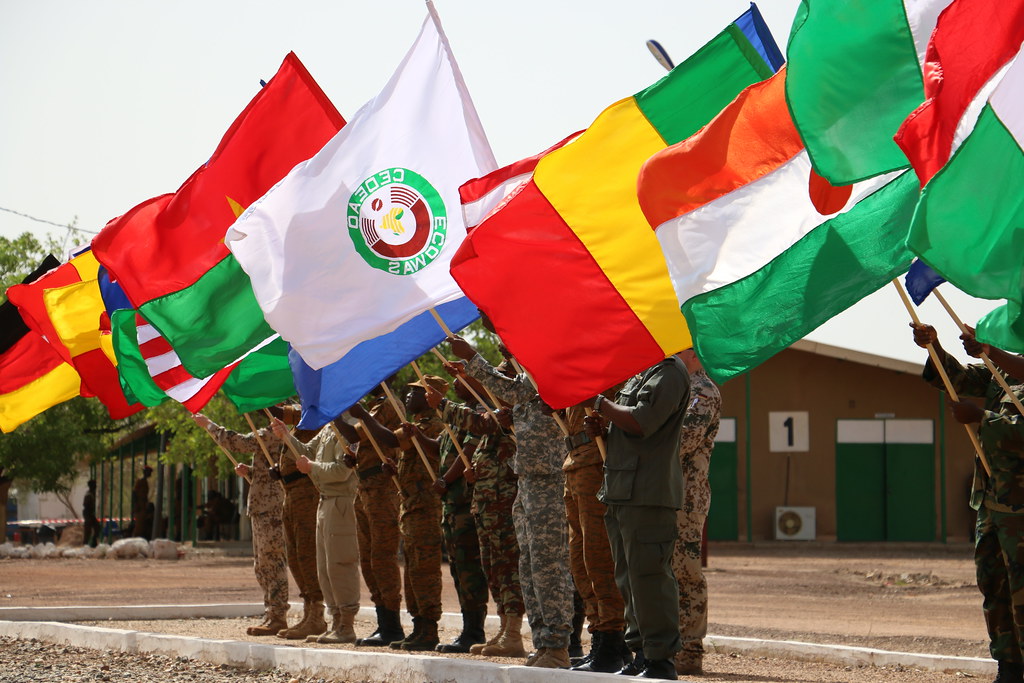The Economic Community of West African States (ECOWAS) has announced the lifting of various sanctions imposed on Niger, Mali, and Burkina Faso.
This decision comes shortly after the three nations declared their withdrawal from the regional bloc in a joint statement.
Background: Sanctions Imposed
ECOWAS had imposed trade, economic, and other sanctions on these countries in response to military takeovers that ousted democratically elected governments.
The sanctions were intended to serve as a deterrent against such actions and to encourage a return to democratic governance.
Recent Developments: Sanctions Lifted
At an extraordinary summit held in Abuja on February 24, 2024, ECOWAS members agreed to lift some financial and economic sanctions on Niger and targeted sanctions on Mali.
Additionally, sanctions on the Republic of Guinea-Bissau were also lifted.
ALSO READ: The Economic Community of West African States (ECOWAS): Aim, Objectives & Fundamental Principles
ECOWAS Chairman’s Statement
During the summit, ECOWAS Chairman President Bola Tinubu expressed optimism about the prospects for lasting peace, security, and prosperity in the region.
He highlighted the efforts made by ECOWAS to encourage the affected countries to return to democratic governance.
President Tinubu stated, “Everything we did was in hopes of persuading our brothers that there existed a better path, a path that would lead to genuine improvement of their people’s welfare through democratic good governance.
However, the sanctions that we contemplated might help lead our brothers to the negotiating table have become a harsh stumbling block.”
Path to Reconciliation
The decision to lift sanctions indicates a willingness on the part of ECOWAS to engage in dialogue and reconciliation with the affected countries.
It is hoped that this move will help pave the way for a peaceful resolution to the political challenges faced by these nations.
Conclusion
The lifting of sanctions by ECOWAS is a positive step towards restoring relations with Niger, Mali, and Burkina Faso.
It demonstrates the regional bloc’s commitment to promoting peace, stability, and democratic governance in West Africa. The decision also underscores the importance of dialogue and diplomacy in resolving political disputes.
